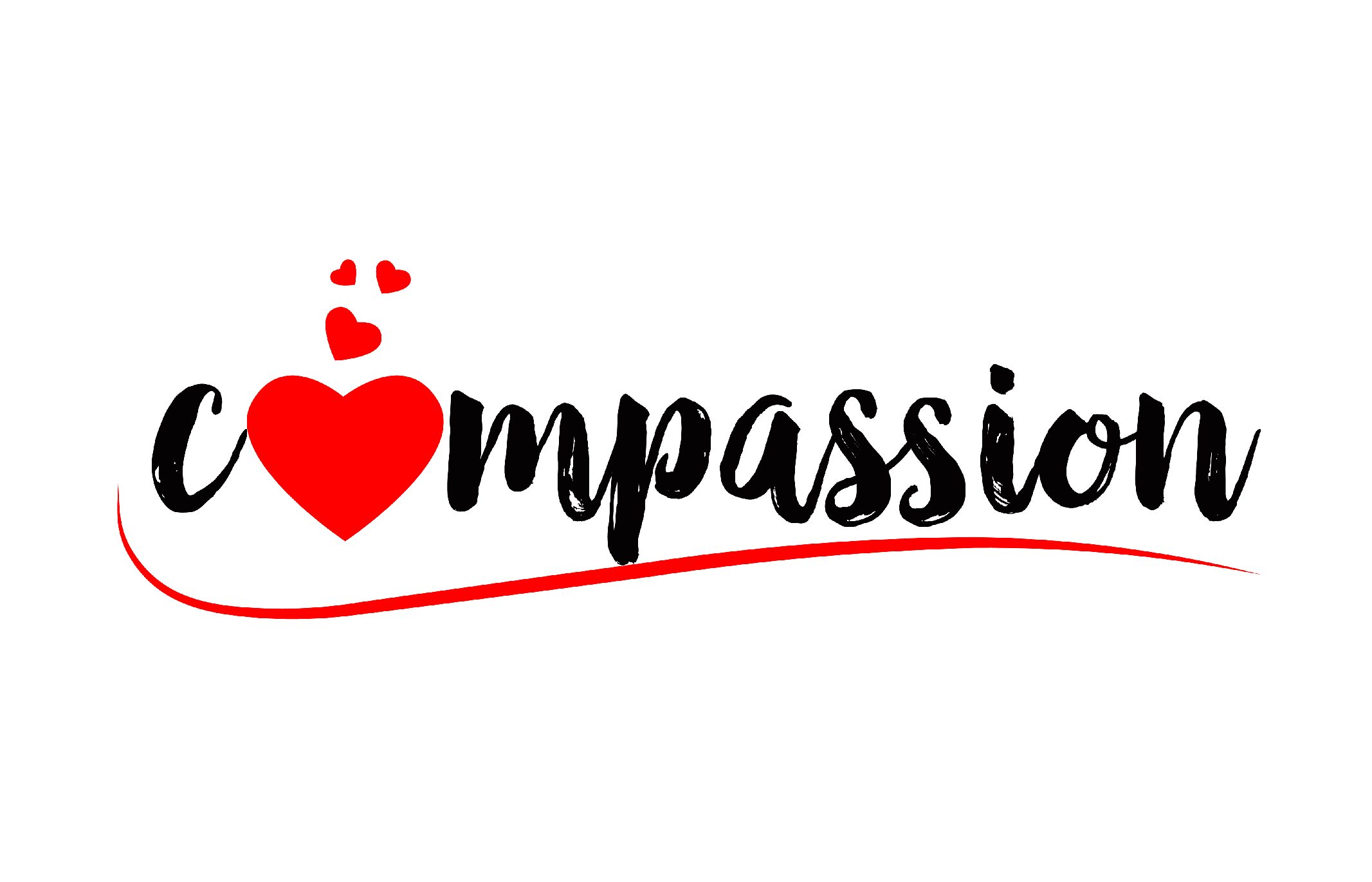Compassion for All
Posted in: Activism, eating vegan, Environment, Plant-Based, Vegan Living
Tags: Compassion, Effective Activism, Harrisburg, Plant-Based, Vegan
I was almost a man without a home, once. It could be said that I experienced homelessness for an afternoon. I was balanced right on that knife-edge between most folks’ everyday reality and the world of the downtrodden, the forgotten, the displaced. It’s almost impossible to imagine what the world of the displaced is like unless you’ve been there or walked right up to it. The sense of forlornness is acute and pervasive. For the most part, any sense of desperation is replaced by resignation. It is a singular place to be. Of course, don’t take my word for it. I was only there for an afternoon.
I was ultimately spared that fate by having a deep bench of a support system and having been born into a number of privileges. But any number of different decisions or strokes of luck would have resulted in a very different life for me, and a good chance that I’d already be dead. The afternoon that I was almost homeless is now nearly twenty years ago, but it left a feeling so distinct and powerful that it never ceases to feel like yesterday.
Nowadays I count veganism and animal advocacy among the driving forces of my life, but my affinity for human beings on the margins remains strong, which is why I am proud to help the Animal Advocates of South Central PA in our quest to find ways that help humans in need while not contributing to animal harm in any way. When we advocate for the lives and wellbeing of animals, we dig deep into our well of empathy, which naturally extends to our fellow humans.
Of course, there are lots of good reasons to not eat animals or animal products.
The trends in food consumption over the past decade are hard to ignore: less meat, less dairy, less animal products in general. As our culture wakes up to the ethical problems of eating animals, we are simultaneously confronted by a hard environmental truth: animal agriculture is killing the planet. As the world’s population continues to grow, we will be forced to redistribute the resources we had previously used for animal agriculture—namely, the plant crops used to feed the animals, the water used to hydrate them, and the land used to house them. Already, the environmental damage caused by housing and killing billions of animals is unsustainable; as we continue to add more humans to the mix, we will have no choice but to scale back the consumption of animals.
There are those of us who believe a future with zero animal product consumption is not only a possibility, but an inevitability.
In a future where zero animal products are consumed, vegan food would simply be called food, and it would be for everybody. It would be what is on the table for dinner in the typical American household. It would be what soldiers found when they opened MREs. Astronauts would be eating vegan food in space. And folks experiencing homelessness would be eating vegan food at shelters. The whole world would know what many of us know now—vegan food is not elitist, it does not have to be expensive, and it is typically delicious.
Myself and my friends at Animal Advocates of South Central PA are currently collecting vegan donations to put together care packages for the unhoused in Harrisburg, to be distributed by the wonderful organization Food Not Bombs. First and foremost we are doing this quite simply to help our fellow humans while also being able to adhere to our ethics. However, a secondary benefit of this “essentials drive” is to show that vegan food is already widely available, easy to procure affordably on a large scale, delicious and, often, very recognizable to everyone.
One criticism often levied at vegans or animal rights activists is that there are plenty of “human problems” we could be helping with instead of focusing on animals. The assumption is that one cannot care deeply about human and animal issues at the same time. Of course this could not be further from the truth—most vegans care deeply about any number of human issues and many of us are seriously involved with other organizations that focus on them. And of course, working to prevent ecological ruin helps everyone—humans included. A phrase we use often is “human rights are animal rights”, by which we mean, when we say we are for animals, we mean all animals—and that includes humans. Just as our hearts ache when we see a fellow animal in need or pain, so do they ache for our fellow humans who are struggling. It can be challenging to find ways for us to combine our care for animals and humans in one event; collecting vegan food for the marginalized and displaced humans of Harrisburg seemed like a great way to bring these concerns into harmony.
ABOUT THE AUTHOR:
Seth is the Director of Community Engagement for the Animal Advocates of South Central PA. He was born and raised in Newville. When he’s not advocating for animals he can be found with his nose in a book or walking around outside. He lives in Harrisburg with a bunch of plants.


Leave a Reply